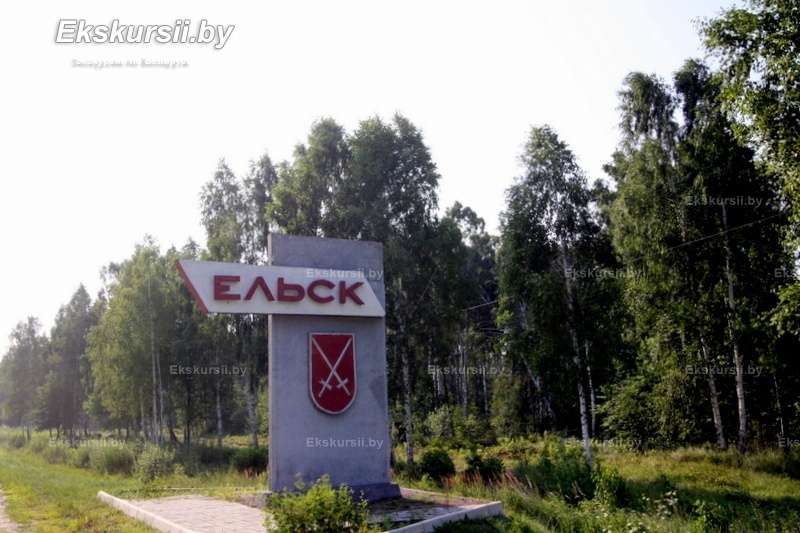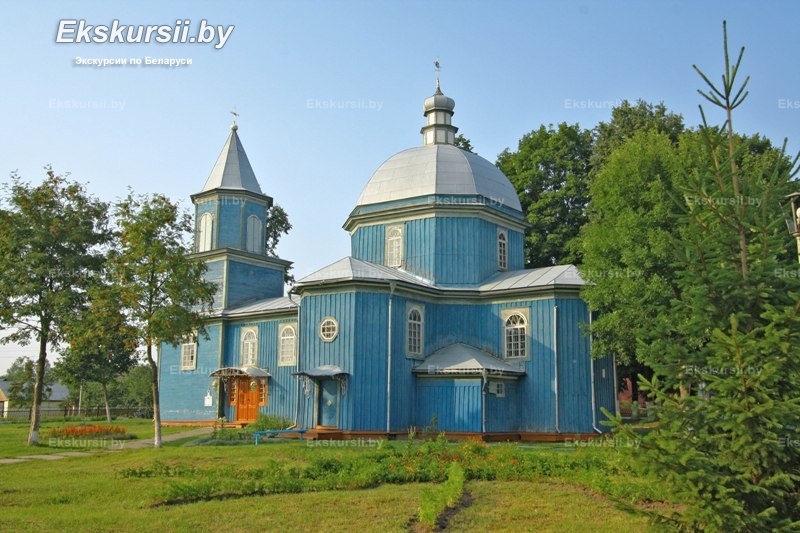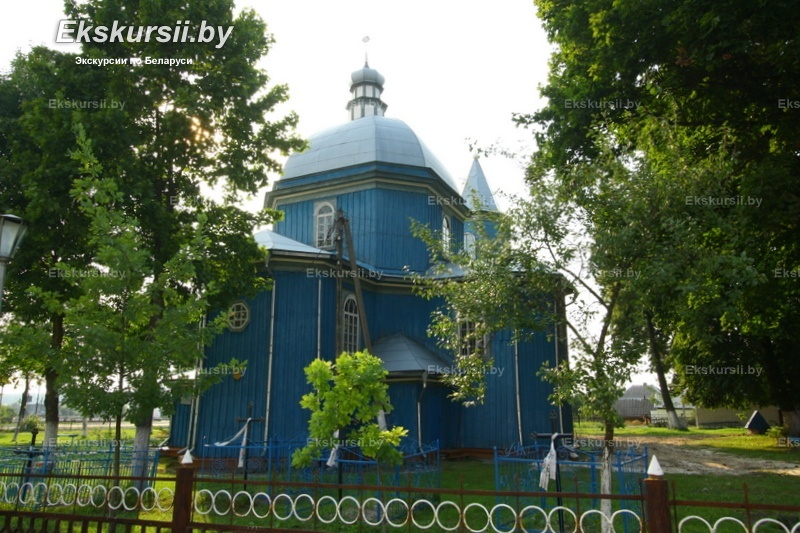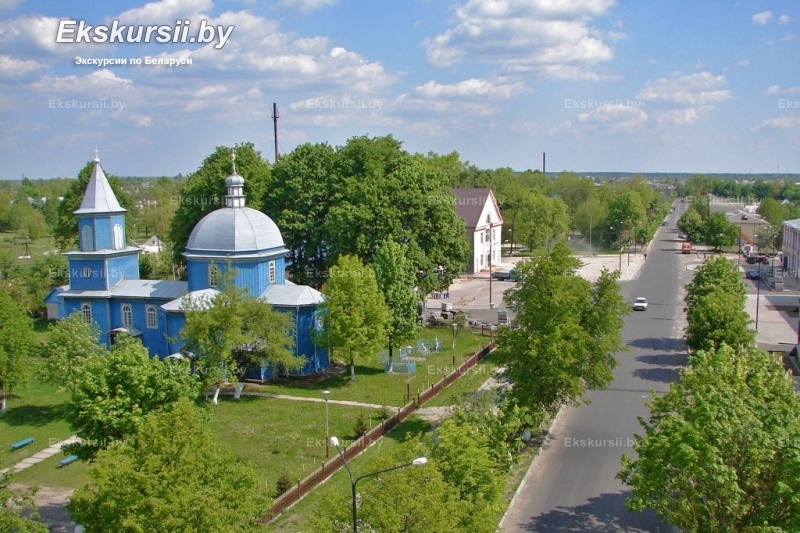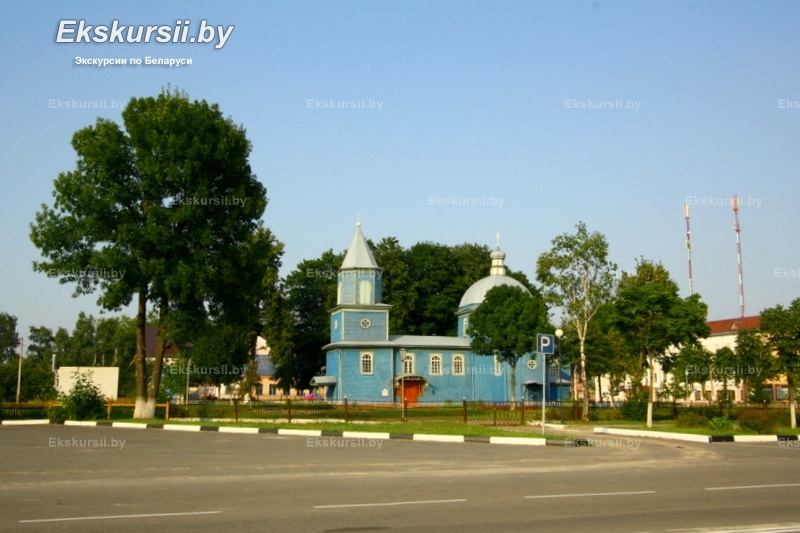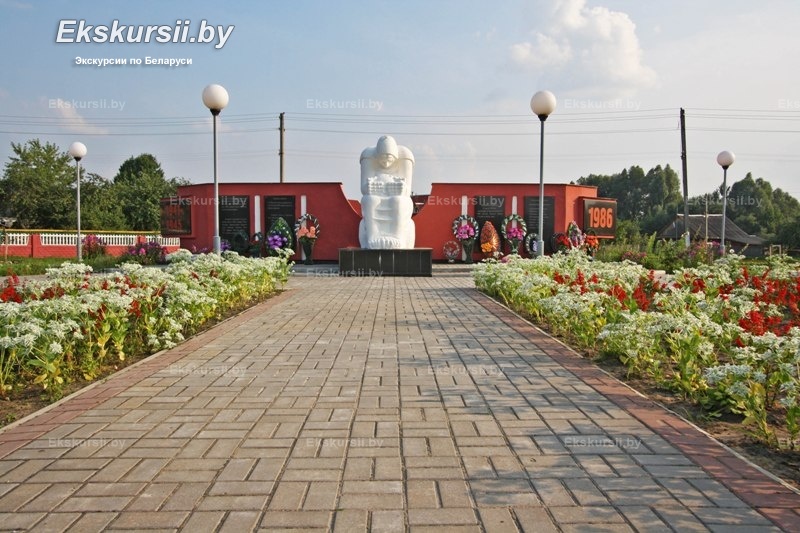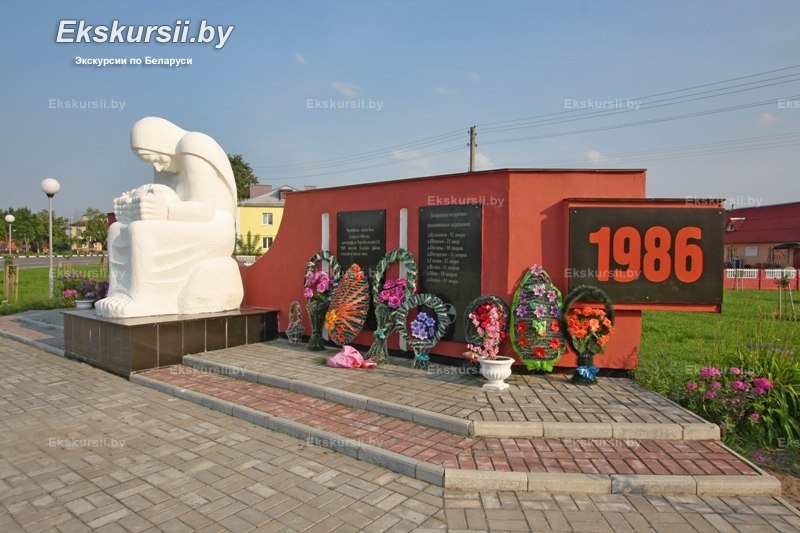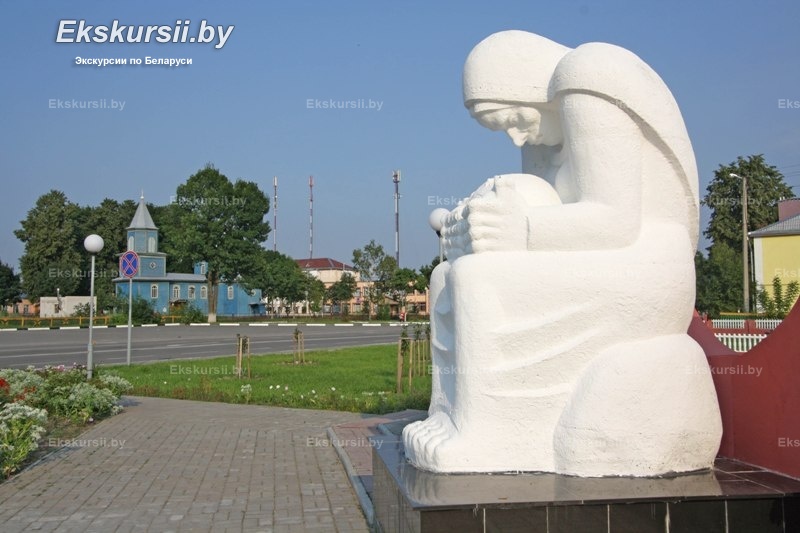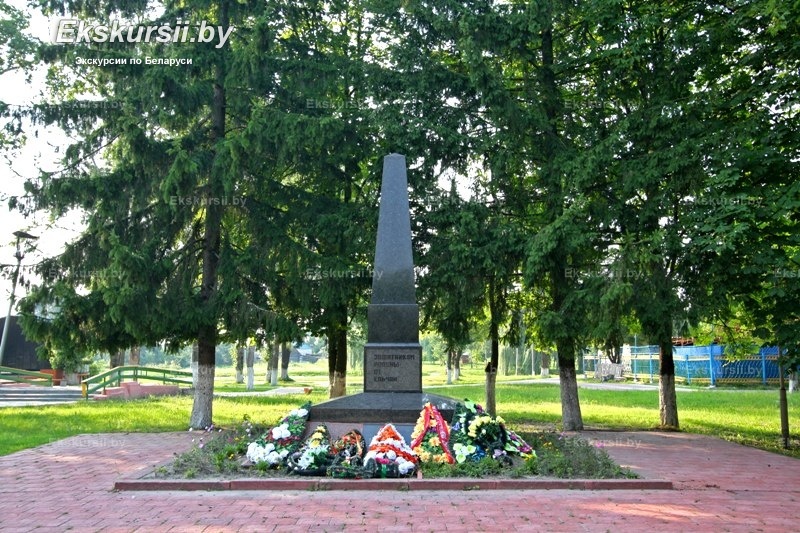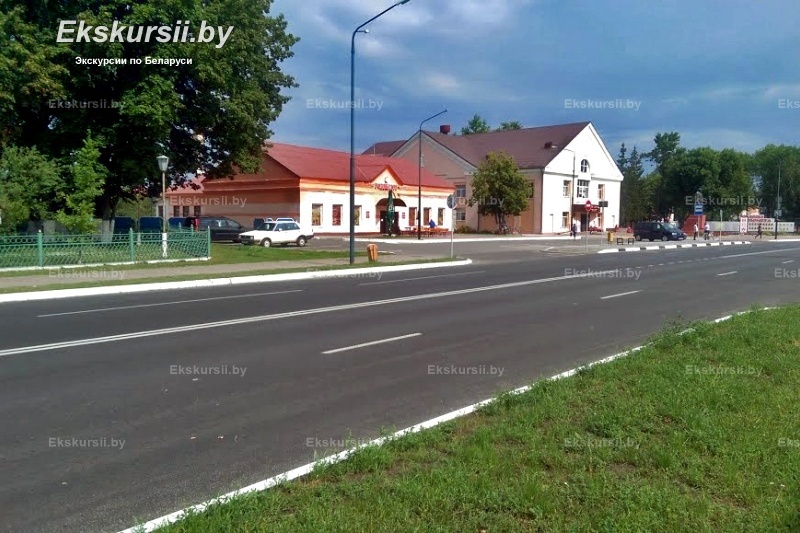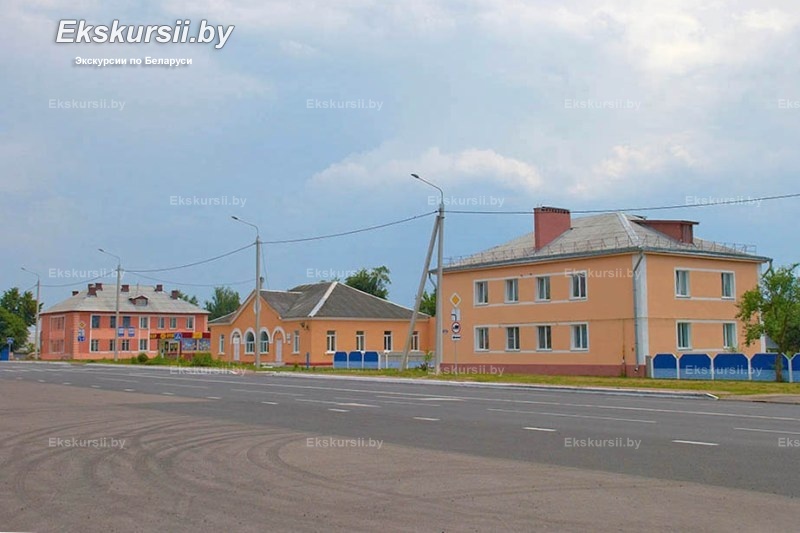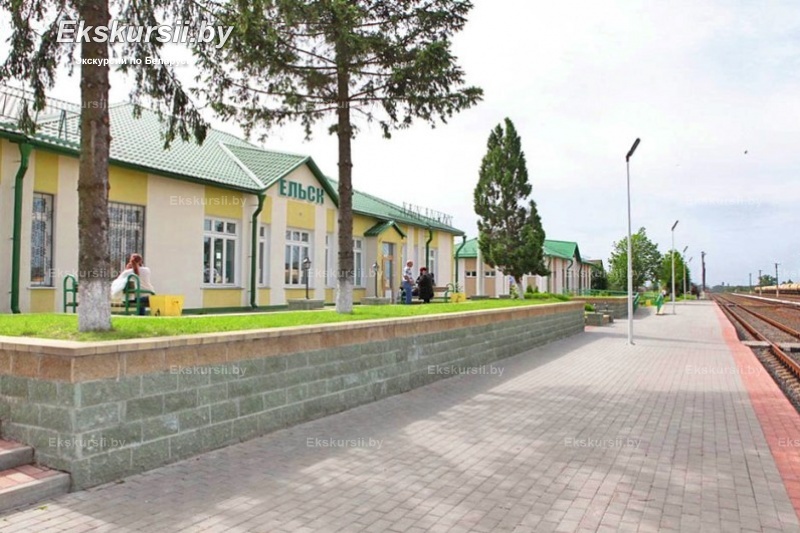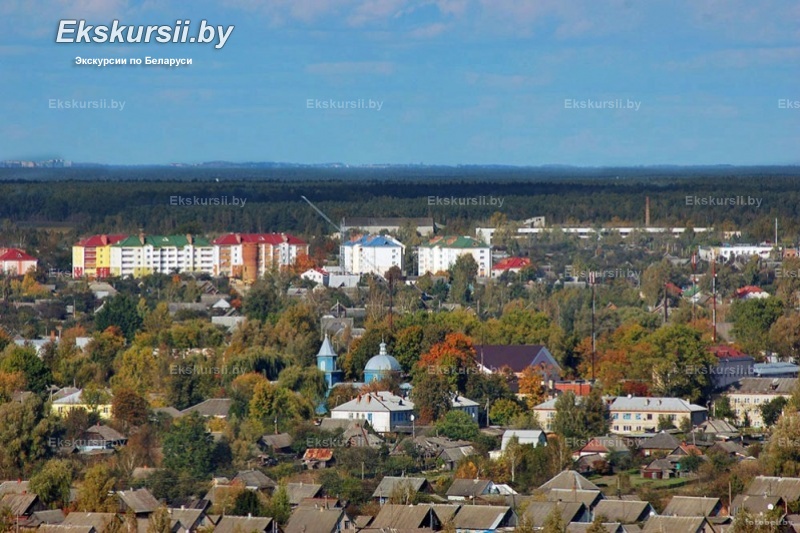History of the development
Yel’sk is known since the beginning of the XVI century as a settlement in the possession of the French family of Spadov. By the end of the XVI century, Yel’sk passed into the possession of the Oskorko family. After the conclusion of Lublin Union in 1569, Yel’sk was renamed Corolin.
As a result of the second partition of the Polish-Lithuanian Commonwealth in 1793 Corolin became part of the Russian Empire. Shortly after joining the Russian Empire, the town was renamed Nikolaevo. By the end of the XIXth century a tract ran from Rogachev to Volyn, a post station operated. In 1873 railway station on the railway line Zhlobin - Ovruch was opened in Nikolayevo.
On January 1, 1919 the place became part of BSSR. In 1924, Nikolaevo became the center of the district. On February 5, 1931 to Yel’sk was returned its historical name. On September 27, 1938 Yel’sk received the official status of an urban-type village. During World War II from August 23, 1941 until January 11, 1944 Yel'sk was under German occupation. On July 5, 1971 Yel'sk received official status of city.
Tourism potential
The main attraction of the city is considered to be Yel’sk Trinity Church , which is considered to be one of the main decorations of the city. The wooden church was built in 1769 - 1780 at the expense of Casimir Oskerko. The building is a five-pipe cross-domed temple with elements of Baroque and Classicism. In the 1870s, a three-tiered bell tower was added to the church.
In the center of the city a memorial complex «To the victims of the XXth century» is located, which was erected in memory of those killed during the Great Patriotic War, as well as in the Chernobyl accident. The monument is a sculpture of a grieving mother who bent over a soldier’s helmet punched by a bullet.
In Local History Museum in Yel’sk materials are collected about Yel’sk history, folk art and crafts of the region. Visitors are presented with several permanent exhibitions, including the exhibition of works by the honored cultural worker of the BSSR M. Zasinets.
In Yelsk an annual festival of harmonicists «Gray, harmonica» is held.
